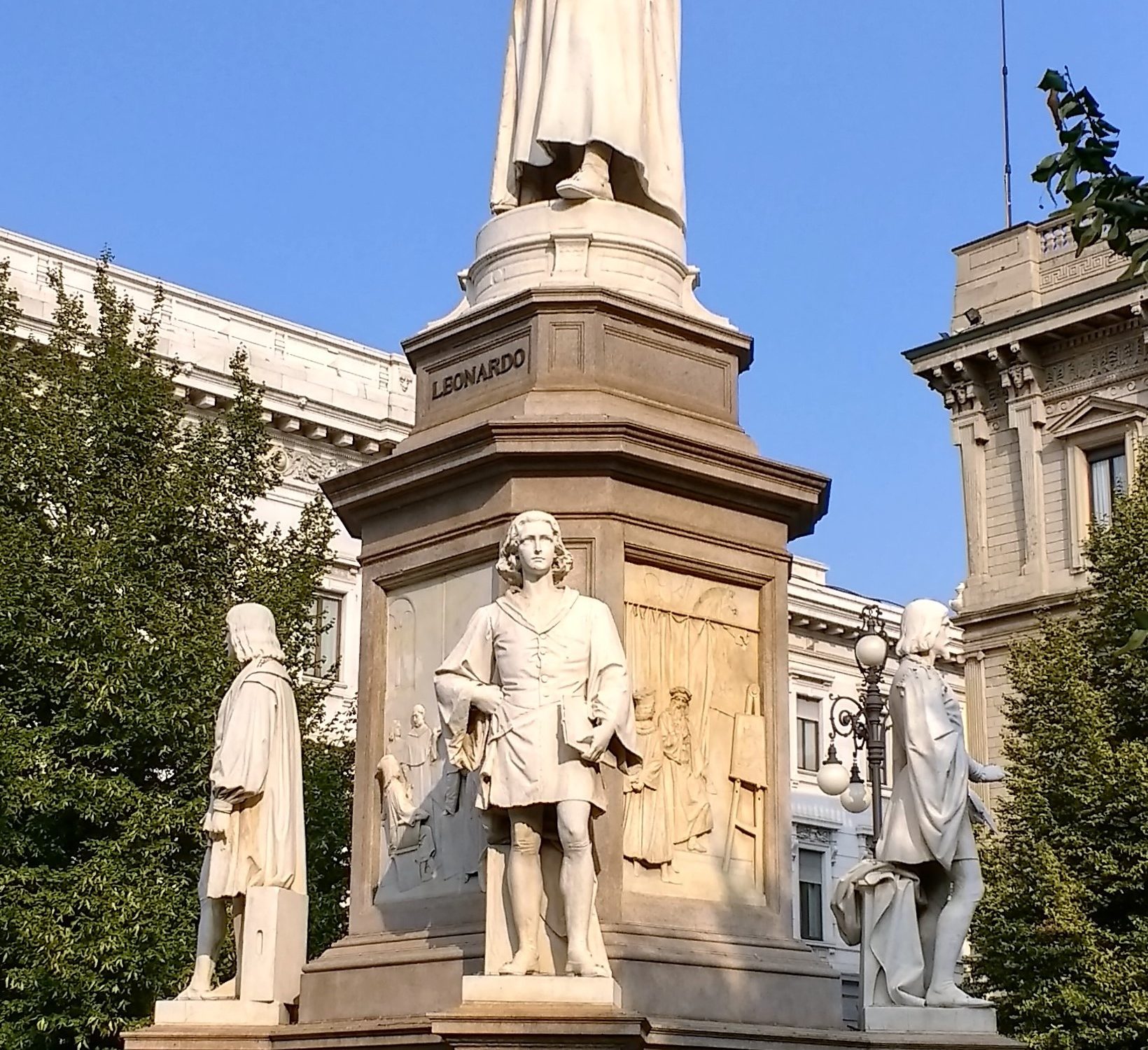Conversations With a Conservative
As a person of the center-left persuasion, I would like to make a point of seeking out those more conservative than me, to engage them in political discourse. I realize that some will not be interested, and I will not press the issue. Here is my first encounter.
At a discussion group that I semi-regularly attend, most of the attendees share my political leanings to varying degrees. There is, however one gentleman who leans much farther to the right. He is ex-military and tends to be the much-needed counterpoint to the prevailing political leanings of the group. He expresses his opinions quite eloquently, and the discussion is almost always civil. After our most recent meeting, I sought him out and spoke with him about his views on several topics.
I began the conversation by stating that I would love to hear his thoughts on the environment and climate change, which had been part of the topic that we had discussed that night. He began by saying that environmentalist are doing everything that they can to get us to use mass transit, and take away our freedom to drive a car. He mentioned a paper that he wrote in school (I assume that he went back to college after his stint in the military). In researching his paper, he found peer-reviewed research that indicated that if every roof in the world was colored white, it would reflect enough sunlight and its associated heat to totally mitigate climate change. I mentioned that I had seen similar research in my recent college studies, but I suspected that the paper was dated now, since carbon emissions have continued unabated for the 4+ years since the paper was written. But I gave him the point that there are many ways to mitigate climate change. I further responded that surely he did not believe that environmentalists have an agenda to rob him of his freedom. Why would they? He said that he did not know, but it seemed so to him.
After giving him the roof reflection point, I mentioned other types of pollution, not associated with climate change, like mercury, airborne particulates, coal ash, etc. He agreed that there are many forms of pollution, but seemed to minimize their harm. I then went off the deep end (as I do from time to time) and said that when you look generations into the future, anything that we do that leaves the environment less robust than when we inherited it, will doom mankind at some point. I admitted that it was a radical notion and that I was just putting it out there as a talking point. He put his faith in human ingenuity to remediate any harm that we do. We agreed to disagree on that one.
Then I shared some research that I did for a college paper that indicated that the US military takes climate change very seriously. It is not only planning for its effects, but is taking action to lower its carbon emissions. He said that he had heard the same and conceded the point.
We then tuned to that stalwart of conservative ideology, guns. I suspected that this would be a thorny issue for an ex-military conservative like him. We discussed the spate of mass shooting plaguing the country. He put the blame firmly on violent video games and other media, like movies. I mentioned that I am a violent video game enthusiast and do not mind violence in other media, and would never shoot one person, no less multiple people. He said that there are obviously others who would though. I replied that in other countries, they have violent video games and media, but they do not have the problem with mass shootings that we do. And it seems that the proliferation of guns is the difference between us and them. He did not respond.
l said that I had seen a statistic that the average gun owner has 17 guns. He smiled and nodded. I said that I thought that this number is skewed by collectors who have hundreds, but a delivery driver at work constantly wants to show us picture of his gun collection. These are not collector’s guns, but an arsenal. Again, he did not comment. I asked if he had guns and he replied, “One”. He went on to say that Americans need so many guns to protect us from the government. I questioned whether he thought that the government would be less restrained with a less armed population, and he said that he definitely did.
At this point, it was brought to our otherwise oblivious attention that his wife had waited patiently to go home for the duration of our discussion. We shook hands and parted amiably.
